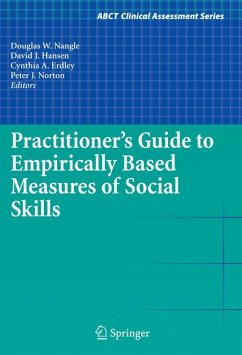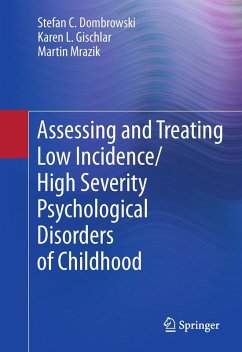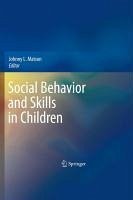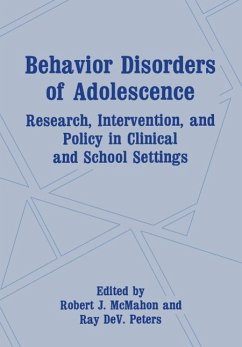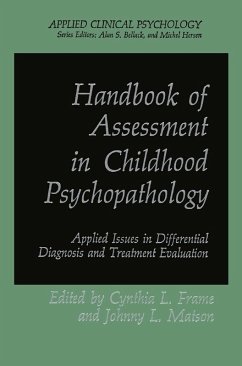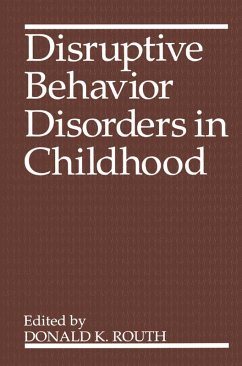
Social Competence in Children (eBook, PDF)
Versandkostenfrei!
Sofort per Download lieferbar
72,95 €
inkl. MwSt.
Weitere Ausgaben:

PAYBACK Punkte
36 °P sammeln!
This book presents a developmental view of social functioning in children at different stages, with an emphasis on clinical conditions that may confound this development. It provides detailed information on theories of social competence and the contexts in which core skills are learned. In addition, the book examines specific challenges to competence and features case examples that illustrate typical patterns of deficits. Coverage presents the latest data on the topic, including: assessment practices; parenting and family issues; social competence problems specific to children and adolescents ...
This book presents a developmental view of social functioning in children at different stages, with an emphasis on clinical conditions that may confound this development. It provides detailed information on theories of social competence and the contexts in which core skills are learned. In addition, the book examines specific challenges to competence and features case examples that illustrate typical patterns of deficits. Coverage presents the latest data on the topic, including: assessment practices; parenting and family issues; social competence problems specific to children and adolescents in this population; effective and promising interventions; treatment guidelines; and areas deserving future study.
Dieser Download kann aus rechtlichen Gründen nur mit Rechnungsadresse in A, B, BG, CY, CZ, D, DK, EW, E, FIN, F, GR, HR, H, IRL, I, LT, L, LR, M, NL, PL, P, R, S, SLO, SK ausgeliefert werden.



